
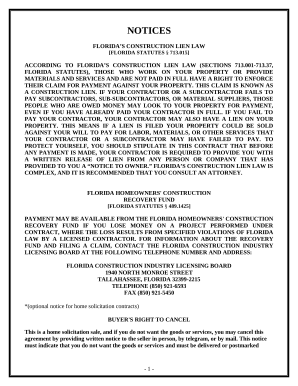
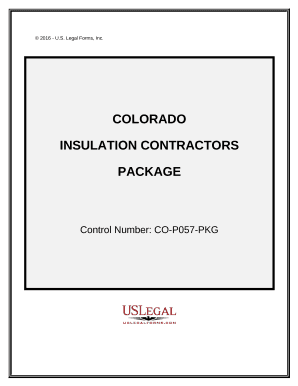
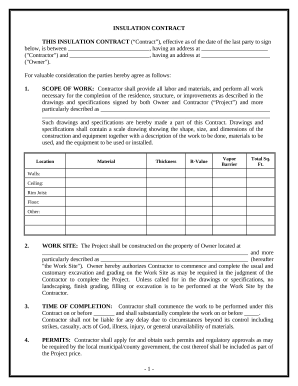
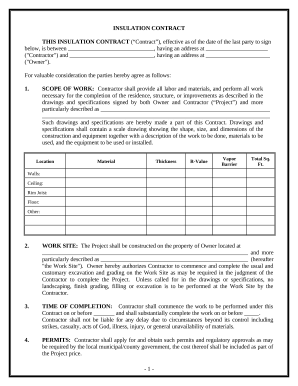
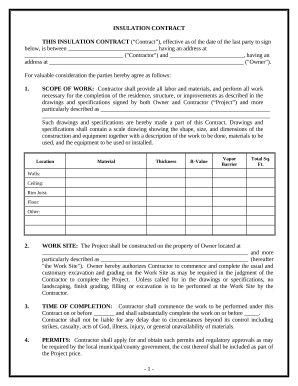

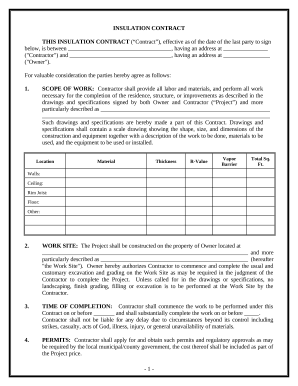
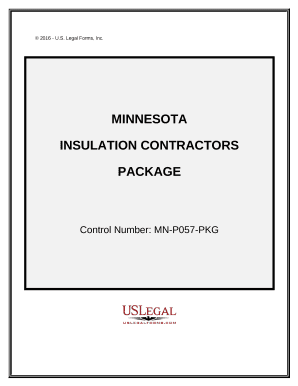
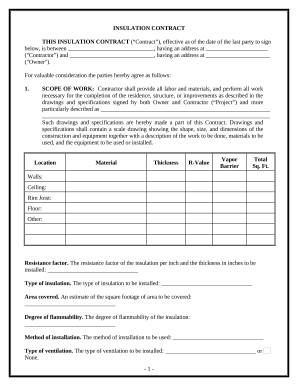
Papers management consumes to half of your office hours. With DocHub, you can reclaim your office time and boost your team's productivity. Get Contractor Insulation Forms category and investigate all templates relevant to your everyday workflows.
Effortlessly use Contractor Insulation Forms:
Accelerate your everyday document management using our Contractor Insulation Forms. Get your free DocHub profile today to discover all forms.